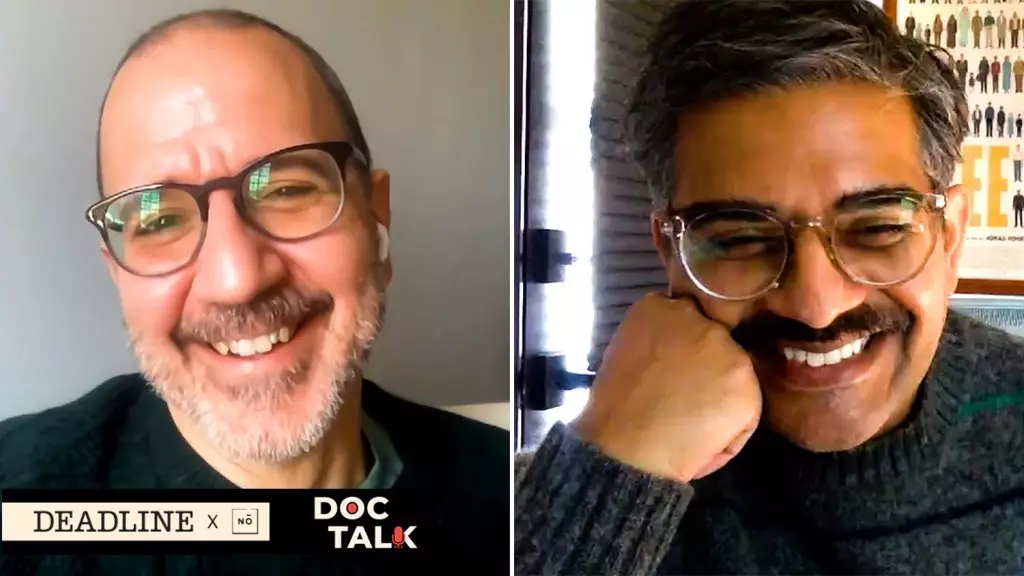As the Sundance Film Festival approaches, excitement builds around the lineup of documentary films that promise to captivate audiences and spark meaningful conversations. This year, the festival opens with an impressive array of world-premiere documentaries, featuring notable contributions from renowned filmmakers, including Questlove and Mstyslav Chernov, both of whom have previously received Oscars for their work. Engaging audiences both emotionally and intellectually, these films represent a vital part of Sundance’s commitment to highlighting nonfiction narratives that reflect contemporary societal issues.
One of the most talked-about films this year is Questlove’s *Sly Lives!*, also known as *The Burden of Black Genius*. This documentary aims to shine a light on the complexities faced by Black artists within the constraints of societal expectations and racial stereotypes. Similarly, Chernov’s *2000 Meters to Andriivka* provides an exploration of the ongoing conflict in Ukraine, positioning both films as key players in the dialogue surrounding racial and geopolitical tensions.
In addition to these anticipated documentaries, the festival programmers have hinted at controversial offerings like *The Stringer*, directed by Bao Nguyen. There’s an air of mystery surrounding this film which is built around an iconic photograph that played a crucial role in shifting public perception about a significant American war. The fact that it has already generated controversy before its debut suggests that it could ignite debates over ethics in journalism and representation in media.
Unpacking Social Issues Through Unique Lenses
The festival is not just about showcasing these prominent films; it also aims to delve into pressing social issues through documentaries that resonate powerfully with audiences. For instance, *The Perfect Neighbor*, directed by Geeta Gandbhir, presents a harrowing yet essential examination of a racially charged incident in Florida where a white woman fatally shot her Black neighbor. This film, constructed predominantly through police body and dashboard cam footage, raises critical discussions about systemic racism and community safety.
Moreover, *Predators*, directed by David Osit, explores the cultural impact of the notorious *To Catch a Predator* series, shedding light on the show’s paradoxical legacy and its consequences on both society and its subjects. Such films create an opportunity for reflection on the morality of media and the ethical dilemmas involved in depicting real-life events.
Another exciting project garnering attention is *Deaf President Now!*, a collaboration between Oscar winner Davis Guggenheim and Nyle DiMarco, a trailblazer in representation for the deaf community. This documentary chronicles the powerful protests at Gallaudet University in 1988, advocating for the appointment of a deaf president. By amplifying the voices of marginalized communities, this film holds the potential to educate audiences on the importance of representation in leadership positions.
The Sundance Film Festival continues to stand at the forefront of alternative narratives in cinema, particularly through its support of impactful documentaries. As audiences eagerly anticipate the festival’s offerings, it is clear that the power of documentary film lies not just in storytelling, but in its ability to challenge perceptions, address injustices, and broaden understanding about complex global issues. With its diverse slate of films, Sundance 2025 promises to be a landmark event that celebrates the transformative power of nonfiction cinema.

